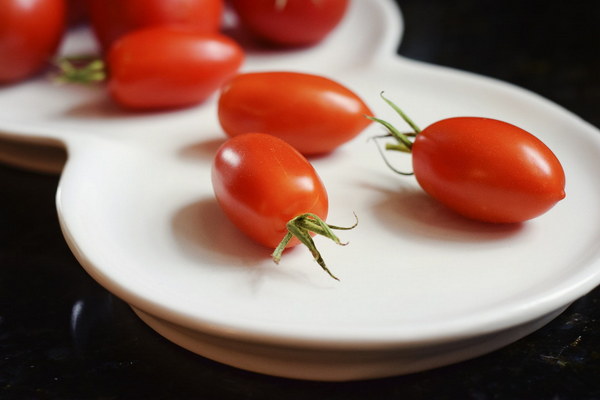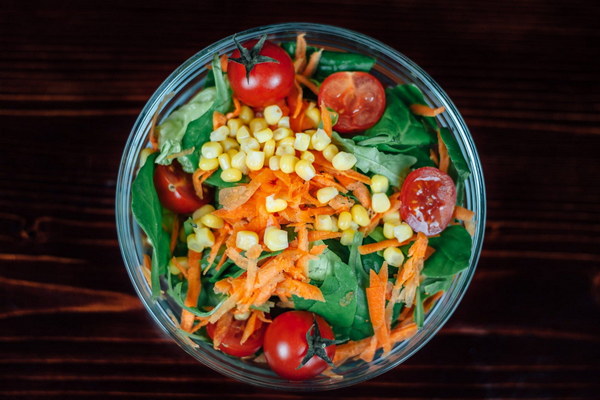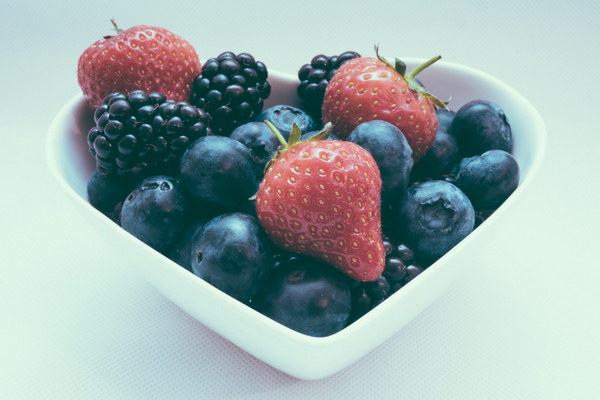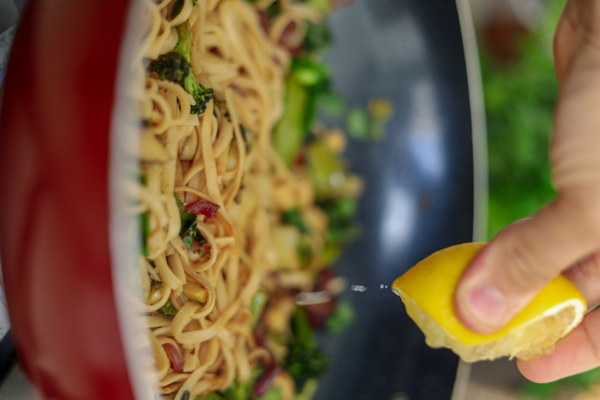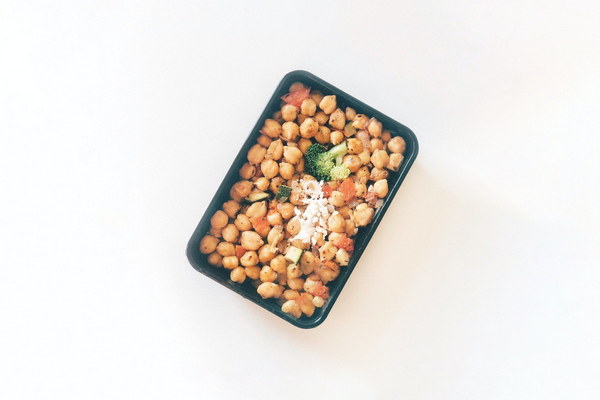Natural Remedies Top Ingredients to Eliminate Dampness in the Body
Natural Remedies: Top Ingredients to Eliminate Dampness in the Body
In traditional Chinese medicine, dampness is considered an imbalance that can lead to a variety of health issues. The concept of dampness is often associated with excess moisture in the body, which can manifest as fatigue, weight gain, joint pain, and digestive problems. To combat this, many turn to natural remedies that include specific ingredients known to help eliminate dampness. Here's a guide to some of the most effective ingredients to consider when looking to reduce dampness in the body.
1. Ginseng (Ren Shen)
Ginseng is a well-known herb in Chinese medicine for its energy-boosting properties. It's believed to help the body expel dampness and improve overall vitality. This root can be taken in various forms, including teas, powders, and capsules.
2. Licorice Root (Gan Cao)
Licorice root is another staple in Chinese herbal medicine. It's often used to harmonize other herbs and is thought to help dry up dampness while soothing the digestive system. Licorice can be found in teas or as a supplement.
3. Astragalus (Huang Qi)
Astragalus is an immune-boosting herb that's also believed to expel dampness. It's commonly used to support the body's natural defenses and improve overall well-being. Astragalus roots can be made into a tea or used in soups.
4. Poria (Fu Ling)
Poria is a mushroom-like fungus that's widely used in Chinese medicine for its ability to drain dampness and resolve damp-heat. It's often combined with other herbs to address various damp-related issues. Poria can be found in powder form or as a tea ingredient.
5. Chinese Rhubarb (Da Huang)
Chinese rhubarb is a powerful herb that's used to clear damp heat and promote bowel movements. It's believed to help eliminate dampness from the body, but it should be used with caution, as it can be harsh on the digestive system.
6. Damp-Dispersing Herbs in Teas
There are several herbs that are commonly included in teas designed to expel dampness. These include:
- Cinnamon (Rou Gui): Known for its warming properties, cinnamon can help dry up dampness and support the immune system.
- Cassia Bark (Chen Pi): This aromatic herb helps improve digestion and is believed to eliminate dampness.
- Safflower (Hong Hua): Safflower is often used to promote blood circulation and is thought to help eliminate dampness.
7. Foods to Avoid
In addition to incorporating damp-dispersing ingredients, it's important to be mindful of the foods that may contribute to dampness. These include:
- Sweet and Starchy Foods: Such as white sugar, white flour, and excessive amounts of rice.
- Cold Foods and Drinks: Like ice cream, cold beverages, and raw vegetables.
- Fatty and Heavy Foods: Which can lead to stagnation and dampness in the body.
8. Lifestyle Tips
Incorporating certain lifestyle changes can also help in the elimination of dampness:
- Regular Exercise: Helps improve circulation and metabolism.

- Proper Hydration: Drink plenty of warm water throughout the day.
- Adequate Rest: Ensuring the body has enough time to rest and recover.
- Stress Management: Stress can lead to the accumulation of dampness in the body.
In conclusion, the elimination of dampness in the body can be achieved through a combination of dietary changes, the use of damp-dispersing ingredients, and lifestyle adjustments. While these natural remedies can be effective, it's always best to consult with a healthcare professional before starting any new treatment regimen, especially if you have underlying health conditions. By taking a holistic approach, you can work towards a healthier, more balanced body free from dampness-related concerns.
